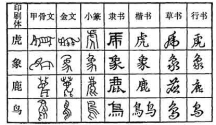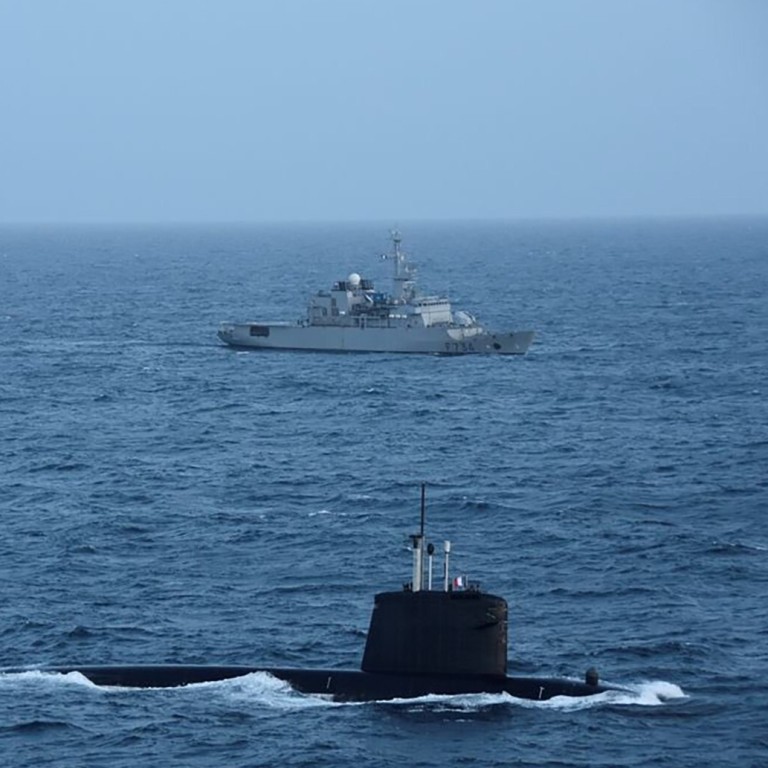A bit late. But about time. Tomorrow, to honour her achievement, she will be on the U.S. postage stamp over 60 years later. Good timing in time for Chinese New year. It's the year of the ox, folks. Good riddance to the year of golden rat last year.
But really? she didn't stand a chance to win the Nobel price. She is a woman, and worse of all, she is Chinese.
Here's the article:
Postage stamp to honor female physicist who many say should have won the Nobel Prize
Chien-Shiung Wu was born in Liuhe, China, a town north of Shanghai, and emigrated to the United States in 1936.
By Adrian ChoFeb. 5, 2021 , 6:20 PM
A Chinese-American physicist whose name many people have never heard will soon share a rare honor typically bestowed on the field’s mononymous greats: Einstein, Fermi, Feynman. On 11 February, the International Day of Women and Girls in Science, the U.S. Postal Service (USPS) will issue a stamp commemorating Chien-Shiung Wu, the service announced this week. In 1956, Wu proved, essentially, that the universe knows its right hand from its left.
Wu, who died in 1997 at age 84, never received a Nobel Prize for her demonstration of the effect called parity violation. Instead, she numbers among the women many scientists think were unfairly overlooked by the Nobel Committee. “It was an incredibly important experiment and she was an amazing scientist,” says Melissa Franklin, a particle physicist at Harvard University.
The universe can be thought of as a huge assemblage of fundamental particles interacting through four forces: gravity, electromagnetism, the strong force that binds the atomic nucleus, and the weak force that produces a type of nuclear decay called beta decay. Physicists once assumed that if you inverted all the particles’ positions—swapping left and right, up and down, forward and back—and reverse all their momenta, the universe should work just the same. If you performed such a “parity” transformation on a clock, for example, the weird mirror-image clock that would result would tick just like the original one.
By the 1950s, however, physicists were producing exotic, fleeting subatomic particles by firing high-energy protons into targets, and certain particle decays seemed to defy parity symmetry. In June 1956, theorists Tsung-Dao Lee of Columbia University and Chen Ning Yang of Brookhaven National Laboratory suggested parity might not hold in weak interactions. Their paper proposed an experiment to find out—although for that part, they consulted Wu.
The trick was to study a nucleus that both spins and undergoes beta decay, in which it spits out an electron and a nearly undetectable neutrino. If parity holds, the electron should emerge with equal probability in all directions. If parity is violated, electrons would be more likely to emerge in one direction relative to the nucleus’ spin than in the other.
That’s just what Wu and colleagues observed in experiments at the National Bureau of Standards (now the National Institute of Standards and Technology) in December 1956. They placed a sample of radioactive cobalt-60 in a strong magnetic field and cooled it to nearly absolute zero to make most of the nuclei spin in the same direction. They found a strong correlation between the spin and the directions of emitted electrons, proving the weak interaction has a handedness: Curl the fingers of your left hand in the sense the nuclei are spinning and the electrons emerge in the direction of your thumb
Chien-Shiung Wu won numerous awards, including the National Medal of Science in 1975.
Here's the link.



